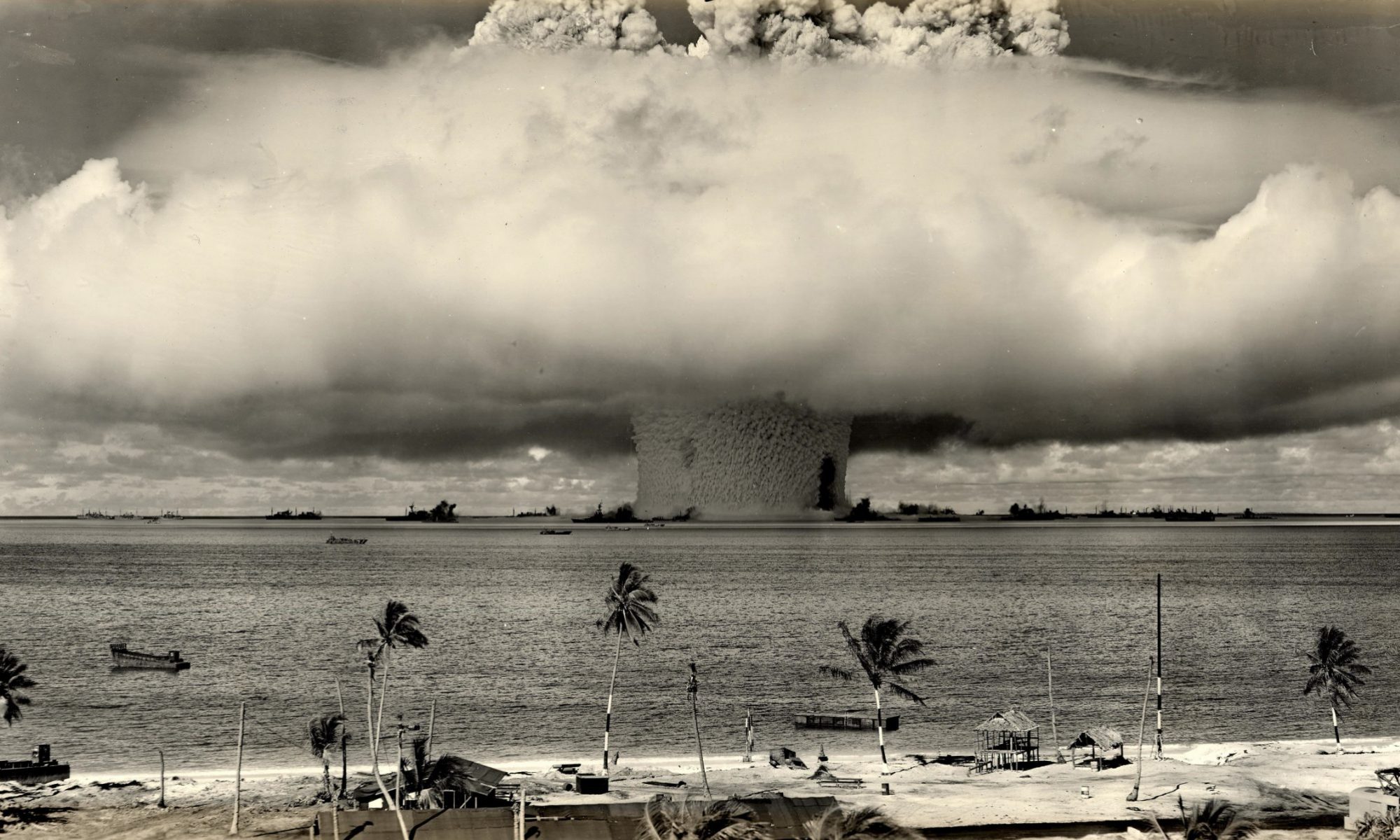What might a demilitarized, defensive form of global security look like and how might we make the transition?
TIME REQUIRED
- Approximately 1 hour per discussion (up to 2 hours)
relevant sections of “a global security system: an alternative to war”
DISCUSSION GOALS & OBJECTIVES
- Explore non-provocative and defensive strategies for security
- Consider the benefits and challenges of a shift from an offensive to a defensive security posture
- Consider the security implications of maintaining foreign military bases
introducing study and action partner: Ann wright
 Study and Action Partner Ann Wright served 29 years in the US Army/Army Reserves and retired as a Colonel. She also served as a U.S. diplomat for 16 years in US Embassies in Nicaragua, Grenada, Somalia, Uzbekistan, Kyrgyzstan, Sierra Leone, Micronesia, Afghanistan, and Mongolia. She resigned from the US government in March 2003 in opposition to Bush’s war on Iraq. Since then she has worked for peace around the world with Veterans for Peace, CODEPINK: Women for Peace and Afghan Peace Volunteers among many groups. She is the co-author of Dissent: Voices of Conscience. You can read Ann’s full bio here.
Study and Action Partner Ann Wright served 29 years in the US Army/Army Reserves and retired as a Colonel. She also served as a U.S. diplomat for 16 years in US Embassies in Nicaragua, Grenada, Somalia, Uzbekistan, Kyrgyzstan, Sierra Leone, Micronesia, Afghanistan, and Mongolia. She resigned from the US government in March 2003 in opposition to Bush’s war on Iraq. Since then she has worked for peace around the world with Veterans for Peace, CODEPINK: Women for Peace and Afghan Peace Volunteers among many groups. She is the co-author of Dissent: Voices of Conscience. You can read Ann’s full bio here.
Discussion Guides
Two discussion topics/guides are presented below. Each discussion should take approximately 1 hour. You are invited to do both and follow any sequence relevant to your purposes. If you are to choose one discussion we strongly encourage you to start with “Discussion 1 (Essential).”
Discussion 1 (Essential): Exploring Non-provocative Defense
In preparation for this discussion watch the short introductory video by Ann Wright (above) and read the corresponding sections of AGSS. (Total 60 min)
“Can the weapon system be effectively used abroad, or can it be only used at home? If it can be used abroad, then it is offensive, particularly if that ‘abroad’ includes countries with which one is in conflict. If it can only be used at home then the system is defensive, being operational only when an attack has taken place.” – Johan Galtung, Peace Researcher
DISCUSSION QUESTIONS
- Some share concerns that a non-provocative defense posture is still heavily militarized. Is non-provocative defense suitable as a long-term solution to militarized global security or is it better suited as a transition strategy? What are the pros and cons of non-provocative defense?
- Ann Wright argues that foreign military bases don’t serve a defensive purpose, but are purely offensive in nature and intent. What are some of the negative consequences of foreign military presence? How might these military bases actually make us less secure?
- Occupations and invasions are rationalized as necessary for assuring security. What are the repercussions of maintaining foreign troops inside another country?
POSSIBILITIES FOR ACTION
- One of World Beyond War’s strategic programs is focused on the closure of military bases. Check out these interactive maps and see where US Military troops are present around the world. Call your congressional representatives and inquire why we have troops present in Madagascar (or any other country).
Discussion 2 (Going Deeper): Phasing out Military Bases
In preparation for this discussion watch the extended interview with Ann Wright (below) and the presentation by David Vine (below).
“At present [2012], the United States, with over 700 foreign military bases, navies in every ocean, a programme to militarize space, and drone bases planned for all regions of the world, is increasingly perceived in relation to its hard power diplomacy, a threat to political independence and stability for many countries.” -Richard A. Falk, Professor Emeritus of International Law at Princeton University
Extended Interview: Ann Wright
( 23 min)
David vine, #nowar2016 conference
( 17 min)
David Vine is Associate Professor of Anthropology at American University. He is the author of Base Nation: How U.S. Military Bases Overseas Harm America and the World, and of Island of Shame: The Secret History of the U.S. Military Base on Diego Garcia, and co-author, with the Network of Concerned Anthropologists, of the Counter-Counterinsurgency Manual, or Notes on Demilitarizing American Society. Find his work at davidvine.net basenation.us and letusreturnusa.org.
DISCUSSION QUESTIONS
- David Vine contests that the “forward strategy” of maintaining military bases around the world actually makes us less secure. What are the negative repercussions of maintaining the “forward strategy”? What are the direct and indirect costs of maintaining foreign military bases?
- Ann Wright explores possibilities for what a US defensive posture / military policy might look like as an alternative form of “national security”. What might this defensive posture entail?
- What transition strategies might be pursued in reducing and eliminating foreign military bases? What alternatives could be put in place (physical, political, economic) of the military bases to support authentic security arrangements?
POSSIBILITIES FOR ACTION
- Join the Coalition Against U.S. Foreign Military Bases and sign their Unity Statement.
Who is using STUDY WAR NO MORE?
Help World Beyond War and the Global Campaign for Peace Education learn who is using Study War No More (and where) by sharing your contact details with us.



